
Loving My Country - A Reflection on July 4th
I'm offering this birthday reflection on America, noting a particular quality of our unity we must recall and celebrate. Here’s the truth - our diverse ethnic ancestry highlights our unique and unified national identity, and this reality is something to rejoice in.

Study Guide for Romans 8
The love set upon us from all eternity, displayed at the cross in history, and poured out in our hearts by the Spirit experientially, will carry us through life and into glory.

A Brief Reflection on God and Creation, Pt. Two: Small Witnesses to Great Glory
Julian saw the small, insignificant hazelnut and understood that, though tiny, it embodied the entirety of creation, sustained by God’s love and power. She began to understand that no part of God’s creation is too small to be significant. The hazelnut’s existence is a testament to God’s abiding love, perfect power, and meticulous care.

A Brief Reflection on God and Creation, Pt. One
Ours is a world-affirming faith, not a world-denying mysticism. This faith calls us to a profound responsibility to hear “the groaning of creation” together with our unspeakable sighs, trusting the groanings of the Spirit to bring beauty from ashes (Romans 8). Far from despising nature on the one hand or worshipping it on the other, we are called to walk with God in it as his vice-regents over it, to care for and cultivate it for his glory and the goo

Praying with Jonah
Jonah learned to pray through the repetitive soaking of his soul in the Psalms. So can we. Immersed in the rich language and themes of the Psalms, we can learn to bring our broken hearts to God for comfort, mending, and cleansing. We can deepen our friendship with God and grow in faith through persistent prayer as we cry out to him in dark places.
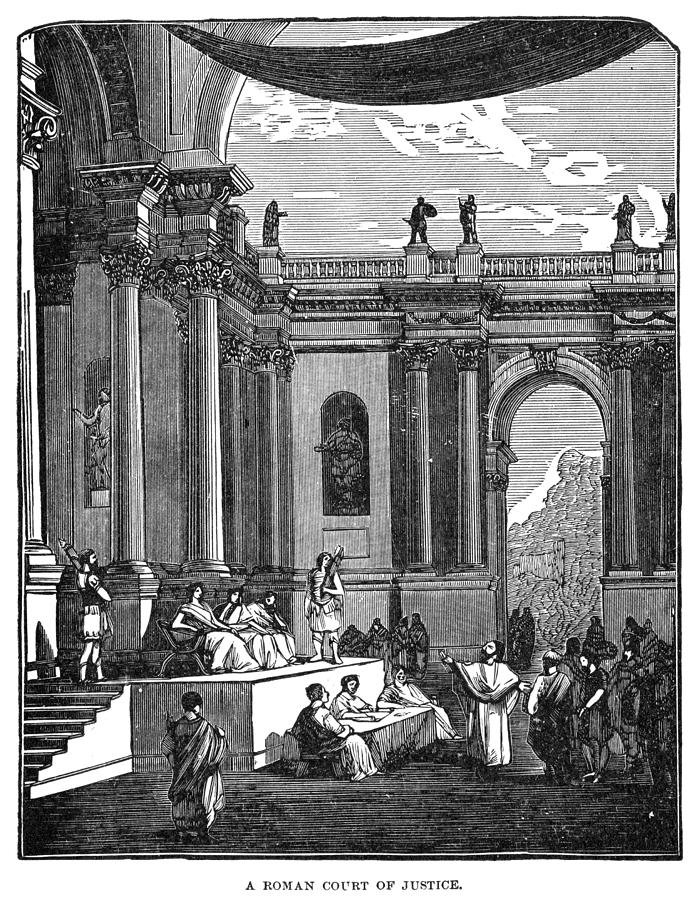
Background Notes for a Study in Romans
Studying Romans is never easy, but it is always fruitful.

Alimentary Theology: Notes on Food, Faith, and the King’s Feast
Christianity is a faith rooted at the Table, and alimentary theology is at the heart of the Bible’s story. History reaches its end when God sets a feast for his people on his holy mountain, and as we feast on the finest fare, he "swallows up death" forever (Isaiah 25:6-9).

The Feast of Faith - The Meaning of Communion (Part Two)
The visible, tangible elements of bread and wine are, in these special circumstances, when received by faith, a means by which Christ offers himself to us. We have true spiritual communion in his body and blood. The practice of the Lord’s Table is an Apostolic Tradition, a ritual action given by Christ to his Church through the Apostles to mark us as his own and communicate certain benefits to us in our union with him.
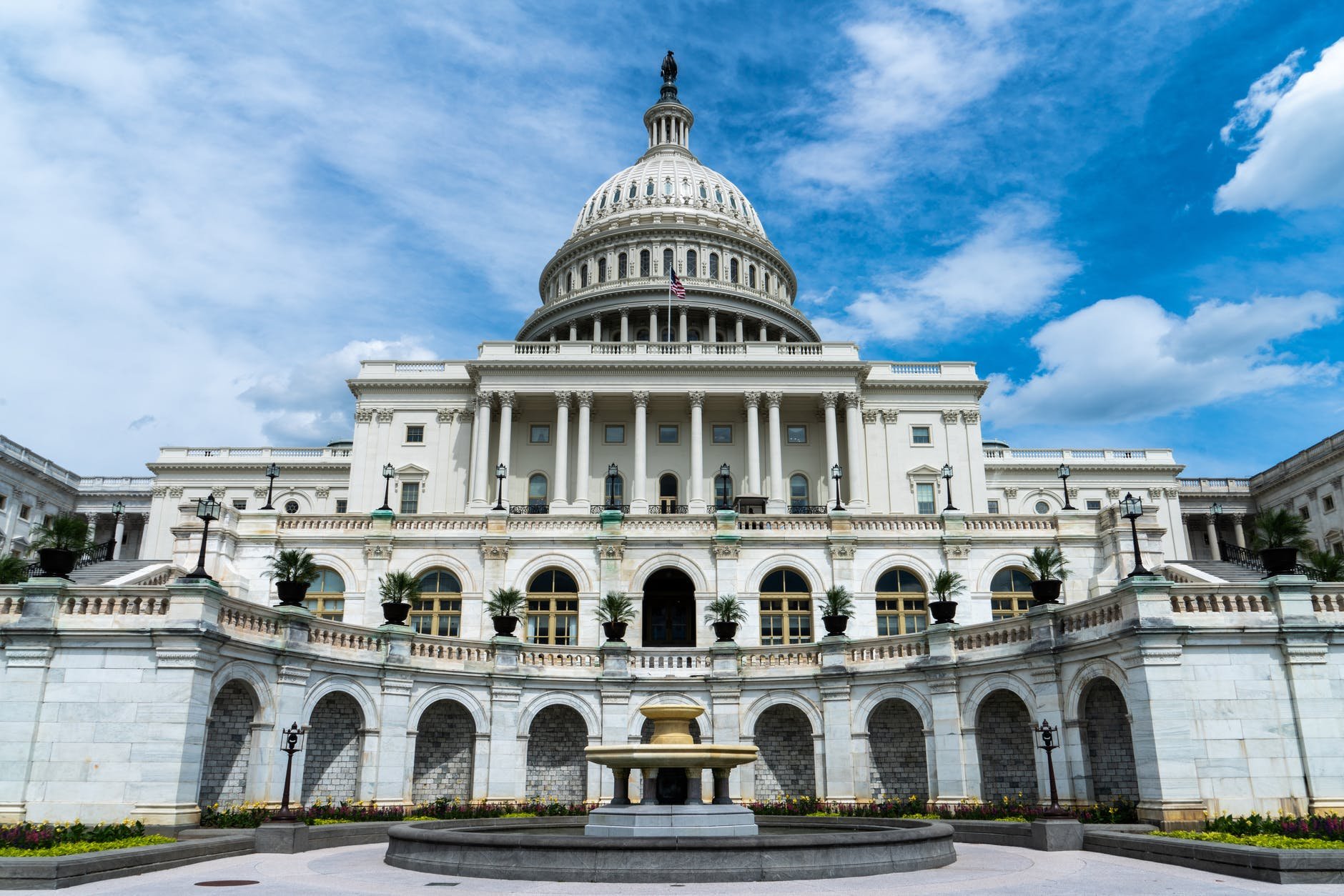
Paul the Apostle Preaching on Capitol Hill
What I want to know is this: when you honor so well the love that sacrifices all for freedom, why do you then define your freedom in a way that is contrary to sacrificial love? You honor those who loved liberty more than life, but you’ve turned liberty into something that undermines the very love and life they possessed.

He Shines in All That’s Fair: Beauty as Witness and Window (Part Two)
Beauty, like the fire blazing in the bush without consuming it, grabs our attention, and with Moses, we respond, “I must turn aside and see this thing…” (Exodus 3). The fire has gripped the imagination of philosophers and artists alike across the years.

He Shines in All that’s Fair: Beauty as Window and Witness (Part One)
"Late have I loved you, O Beauty so ancient and so new, late have I loved you!" - Augustine
“Beauty will save the world.” - Dostoyevsky

French Lessons for the PCA
We can and must do better. We can also find a way to encourage one another to grow in our ability to hear and learn from those whose views we might disagree with and do so respectfully. Our disagreements don’t have to become divisions.

Sometimes All We Can Do is Weep, Worship, and Wait. Lessons from John Milton
When we find ourselves shut in and shut down, remember Milton's observation of the Seraphim— “they also serve who only stand and wait.” He knew that God did not 'need' our work or even the gifts he graciously gave us.

Beyond Politics
Our heavenly citizenship and loyalty are infinitely more valuable than any national identity we might also cherish or party with which we might align. That means all politics and political activity the Christian takes up as part of their duty as a citizen is done for God's glory and our neighbor's good. When we “do politics,” we are called to do it Christianly.
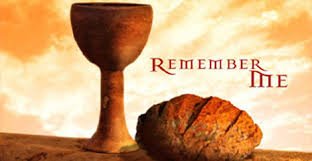
The Feast of Faith - The Meaning of Communion (Part One)
Christ, who gave himself for us once for all on the cross, gives himself to us continually in the Supper.
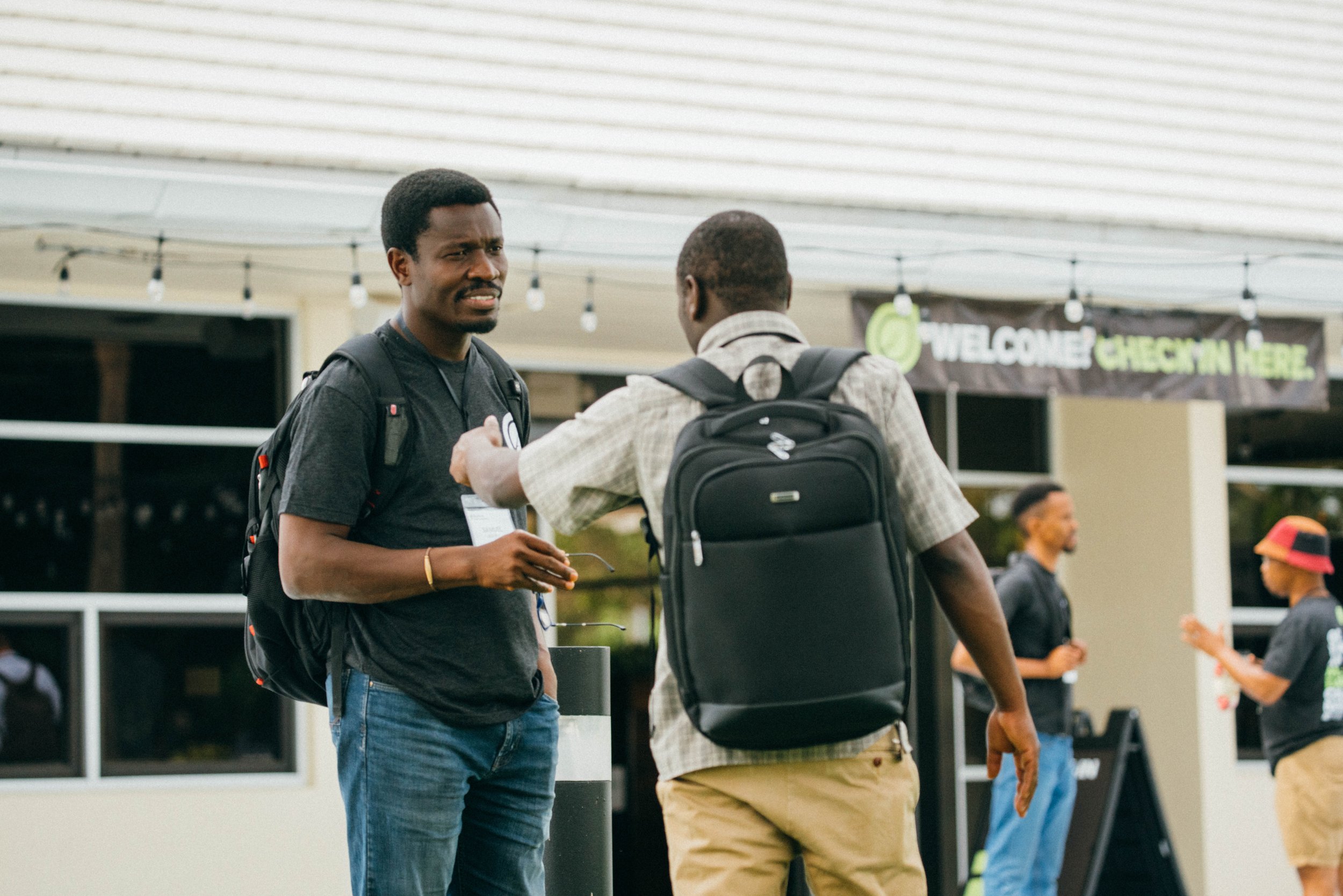
A Reflection on Church Planting Movements in the Early 21st Century
Leveraging his extensive experience and strategic vision, David Nicholas worked tirelessly to equip and empower a new generation of church planters, providing them with the resources, training, and support they needed to succeed. Through his work with Spanish River Church and involvement in broader church planting initiatives, Nicholas emerged as a central if understated and less well-known figure in the 21st-century church planting movement, leaving an indelible mark on the landscape of American Christianity.

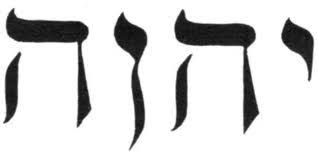
The Name of the LORD
Everything in our life depends on God’s self-revelation. It is summarized in his Name and most fully made known in God the Son, whose saving Name is rooted in this revelation at the Burning Bush, where God met Moses and commissioned him to go to Egypt.
A summary of Sunday’s sermon notes.

Four Apostolic Fathers
The early Christian Church was marked by the emergence of several pivotal figures whose teachings, writings, and martyrdom helped shape the theological and organizational foundations of Christianity. Among these figures, Clement of Rome, Polycarp of Smyrna, Ignatius of Antioch, and Justin Martyr stand out for their devout scholarship and leadership

Faith, Science, and Common Grace
In the often-perceived battleground between science and faith, particularly the Christian faith, many assume that one must choose a side, relegating the other to the realm of irrelevance or outright opposition. However, a deeper exploration reveals that science and the Christian faith are not enemies but partners contributing to the common good.